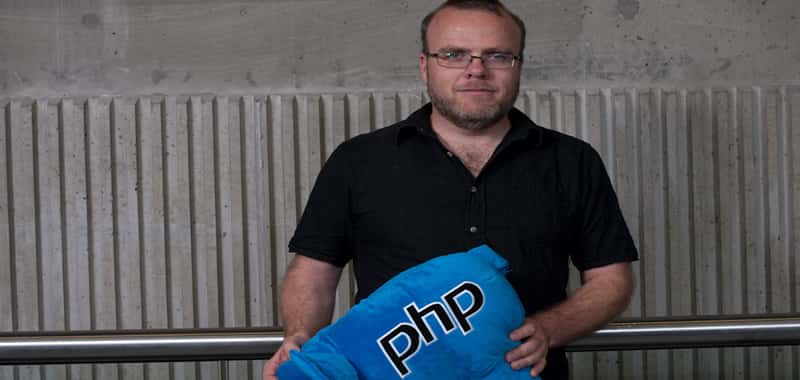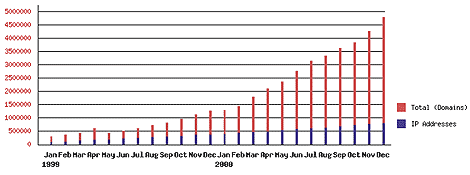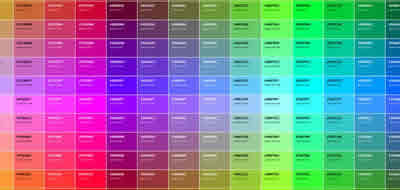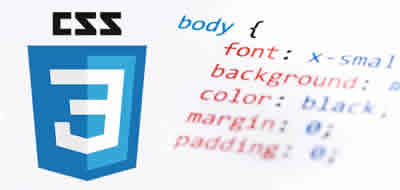History, origin and evolution of the PHP language
And so we come to an autumn afternoon in 1994, in which an unemployed Danish programmer based in Toronto (Canada), Rasmus Lerdof, gets down to work writing a small CGI in Perl to help him count the visits that arrive at his curriculum vitae, saving this value in a MySQL database.

PHP is a language created by a great community of people
And so we come to an autumn afternoon in 1994, in which an unemployed Danish programmer based in Toronto (Canada), Rasmus Lerdof, gets down to work writing a small CGI in Perl to help him count the visits that arrive at his curriculum vitae, saving this value in a MySQL database.
Later, as the web server where he was staying had some performance problem, Rasmus decided to rewrite his C script, to save himself the burden of having to create a new Perl process every time someone visited his website.
Rasmus's little script draws the attention of other people hosted on his server, who ask him to use it, and are suggesting more and more functionalities. In this way, you end up with a small collection of 30 different scripts, which you decide to combine into a single C library.
The next step is to write a simple parser that looks for tags in the HTML code and replaces them with the output of the corresponding functions of your small library.
This parser is increasing in complexity, and Rasmus adds conditional labels, loop labels and functions. The Danish baptized this software package, along with some commonly used utilities for those dates, such as a guest book and an accountant.
The system was called Personal Home Page Tools and gained relative success because other people asked Rasmus to allow them to use their programs on their own pages.
Given the acceptance of the first PHP and additionally, its creator designed a system to process forms to which he attributed the name of FI (Form Interpreter) and the set of these two tools, it would be the first compact version of the language: PHP/FI .
With everything ready, and after creating a mailing list and a small FAQ, on June 8, 1995, Rasmus announces the first official version of PHP in the newsgroups. This first version, published under the GPL license, only ran on UNIX servers and lacked such basic features as the for loop.
The next major contribution to the language was made in mid-97 when the syntactic analyzer was re-programmed, new features such as support for new Internet protocols and support for the vast majority of commercial databases were included.
All these improvements laid the foundations of PHP version 3 that uses the Zend engine, developed with greater meditation to cover the current needs and solve some problems of the previous version.
Some improvements of this new version are its speed - thanks to the fact that it is first compiled and then executed, whereas before it was executed while the code was being interpreted -, its greater independence from the web server - creating native versions of PHP for more platforms - and a more elaborate API with more functions.

In the last year, the number of servers that use PHP has skyrocketed, reaching close to 5 million sites and 800,000 IP addresses, which has made PHP a popular technology.
This is due, among other reasons, that PHP is the ideal complement for the Linux-Apache tandem to be compatible with server-side programming of websites.
Thanks to the acceptance it has achieved, and the great efforts made by a growing community of collaborators to implement it in the most optimal way, we can assure that the language will become a standard that will share the successes augured to the set of systems developed in open source.
CITE ARTICLE
For homework, research, thesis, books, magazines, blogs or academic articles
APA Format Reference:
Delgado, Hugo. (2019).
History, origin and evolution of the PHP language.
Retrieved Nov 13, 2025, from
https://disenowebakus.net/en/php-history






